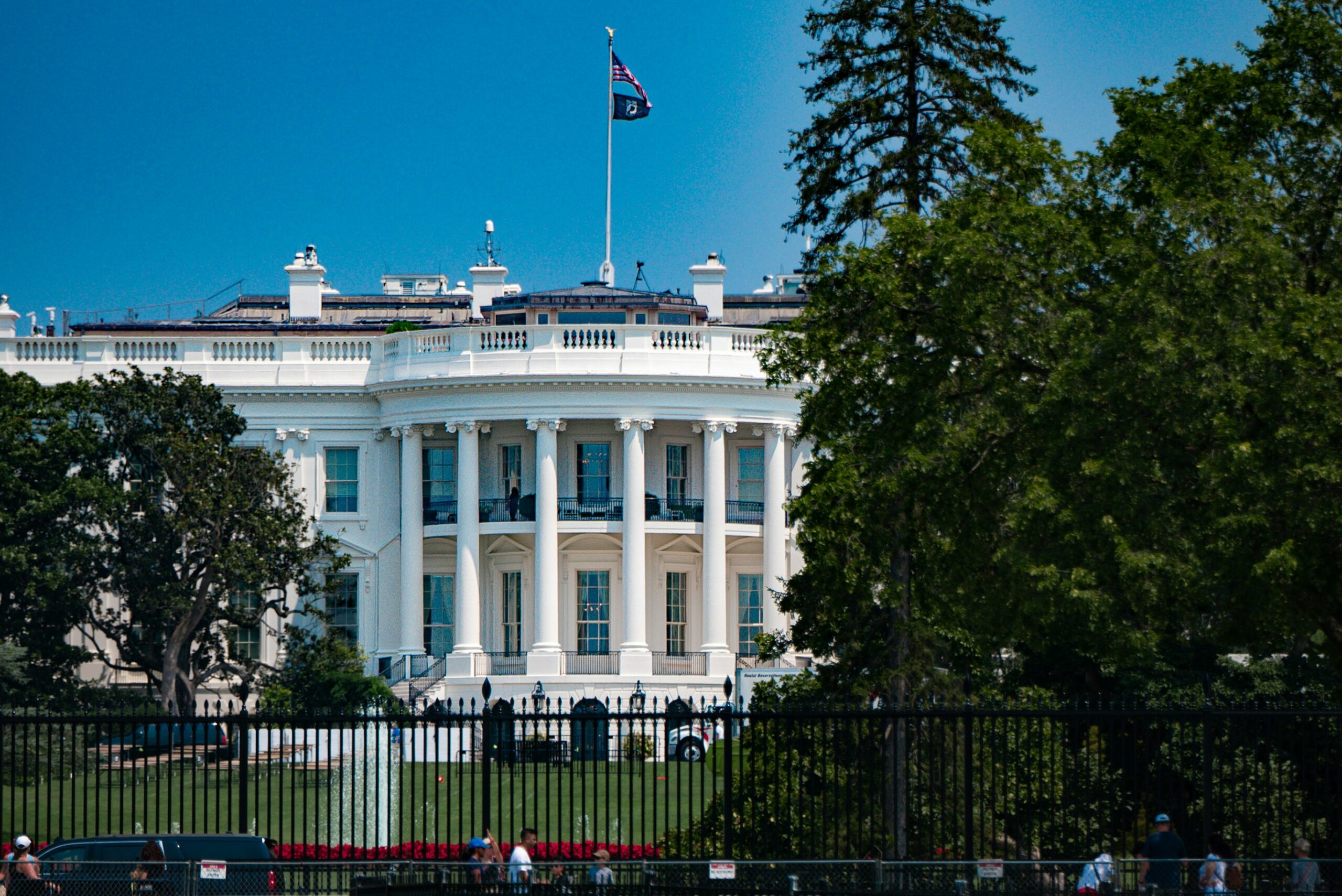
What does a Trump Presidency Mean for your Digital Privacy?
Categories: Business, Data Privacy
As debates about data privacy and digital security continue to grow, the implications of political leadership on these matters become increasingly significant. President Trump’s stance on surveillance, technology, and regulation, raises important considerations for individuals concerned about their online privacy and personal data security.
Key Policies Impacting Privacy
During his previous term, Donald Trump’s administration enacted policies that influenced digital privacy, including:
- Section 230 Reforms: Trump frequently criticized Section 230 of the Communications Decency Act, which grants tech platforms immunity from liability for user-generated content (Brookings Institution). His push for reforms could have led to stricter moderation practices and potentially reduced user privacy on platforms.
- Surveillance Expansion: The administration supported legislation to reauthorize provisions of the USA PATRIOT Act, enabling extensive surveillance capabilities for intelligence agencies (Electronic Frontier Foundation).
- Immigration-Related Data Collection: Trump’s immigration policies involved proposals for extensive data collection, including social media screenings for visa applicants (American Civil Liberties Union).
These policies highlight a broader tendency toward increased government oversight and data collection, raising questions about the balance between security and individual privacy.
Implications for Everyday Users
The policies under a Trump presidency could affect digital privacy in the following ways:
- Expanded Surveillance: Enhanced surveillance capabilities mean more of your online activities could be monitored by government agencies.
- Source: Reports indicate that surveillance under the PATRIOT Act has extended to areas like email metadata and internet activity (Electronic Frontier Foundation).
- Tech Company Accountability: While Section 230 reforms aim to hold platforms accountable, they might lead to increased data retention practices to comply with new regulations.
- Source: Critics argue that removing Section 230 protections could inadvertently compromise user privacy by pushing platforms to implement more invasive monitoring (Brookings Institution).
- Increased Data Collection: Policies like social media screenings for immigrants set a precedent for broader data collection efforts.
- Source: Civil liberties groups have raised concerns about such measures normalizing invasive practices (American Civil Liberties Union).
Why Digital Privacy Matters
Regardless of political leadership, safeguarding your digital privacy is crucial. With the growing intersection of technology and governance, individuals must take proactive steps to ensure their online presence remains secure. Consider these measures:
- Review Your Digital Footprint: Regularly audit your social media accounts and delete outdated or irrelevant posts.
- Use Privacy Tools: Services like Redact.dev simplify managing your online presence, allowing you to clean up your data across multiple platforms.
- Stay Informed: Follow trusted sources to keep up with policy changes that could affect your privacy.
While the Trump administration’s policies often emphasized security, the implications for individual freedoms warrant careful scrutiny. Balancing national security with privacy rights is a challenge that extends beyond any single administration, making it essential for citizens to stay informed and vigilant.
Take Control of Your Privacy
As political landscapes evolve, so too do the threats to digital privacy. A Trump presidency, like any other, will shape the policies that govern how data is collected, stored, and used. By remaining proactive, using tools like Redact.dev, and advocating for transparency and accountability, individuals can navigate these challenges and maintain greater control over their digital lives. For more insights into managing your digital footprint and staying ahead of privacy risks, visit Redact.dev.